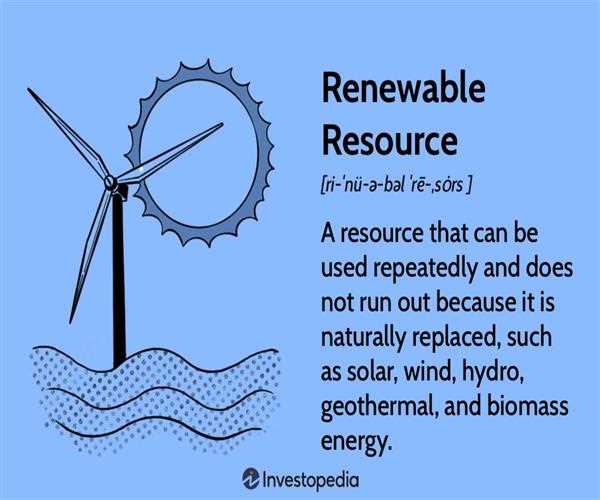Renewable energy technologies are a critical part of the solution to climate change and sustainability goals. They provide a clean, sustainable alternative to fossil fuels, and they can help to reduce greenhouse gas emissions. Renewable energy technologies are also becoming increasingly affordable, making them a more viable option for businesses and governments.

There are a number of different renewable energy technologies available, including solar, wind, hydroelectric, geothermal, and biomass. Each technology has its own advantages and disadvantages, and the best choice for a particular application will depend on a number of factors, such as the cost of the technology, the availability of resources, and the environmental impact.
Solar energy is one of the most promising renewable energy technologies. Solar panels can be used to generate electricity, and they can also be used to heat water. Solar energy is a clean, sustainable source of energy, and it is becoming increasingly affordable.
Wind energy is another promising renewable energy technology. Wind turbines can be used to generate electricity, and they can also be used to pump water. Wind energy is a clean, sustainable source of energy, and it is becoming increasingly popular.
Hydroelectric energy is another renewable energy technology that has been used for centuries. Hydroelectric dams can be used to generate electricity, and they can also be used to control flooding. Hydroelectric energy is a clean, sustainable source of energy, but it can have a negative impact on the environment if it is not properly managed.
Geothermal energy is a renewable energy technology that can be used to generate electricity and heat water. Geothermal energy is a clean, sustainable source of energy, but it is only available in certain parts of the world.
Biomass energy is a renewable energy technology that uses organic materials to generate heat or electricity. Biomass energy can be used to generate electricity, and it can also be used to heat homes and businesses. Biomass energy is a clean, sustainable source of energy, but it can have a negative impact on the environment if it is not properly managed.
Renewable energy technologies have the potential to make a significant contribution to the fight against climate change. By reducing greenhouse gas emissions, renewable energy technologies can help to mitigate the effects of climate change. Renewable energy technologies are also becoming increasingly affordable, making them a more viable option for businesses and governments.
In addition to addressing climate change, renewable energy technologies can also help to achieve other sustainability goals. Renewable energy technologies can help to improve air quality, reduce water pollution, and create jobs. Renewable energy technologies can also help to make our energy system more secure and reliable.
The transition to a renewable energy future is not without challenges. However, the benefits of renewable energy technologies are clear. Renewable energy technologies can help to address climate change, improve air quality, reduce water pollution, create jobs, and make our energy system more secure and reliable. The transition to a renewable energy future is essential for the long-term health of our planet and our economy.
Here are some of the specific ways in which renewable energy technologies can help to address climate change:
Renewable energy technologies can help to reduce greenhouse gas emissions. This is because renewable energy sources do not produce greenhouse gases when they are used to generate electricity or heat.
Renewable energy technologies can help to improve air quality. This is because renewable energy sources do not produce air pollutants like particulate matter, sulfur dioxide, and nitrogen oxides.
Renewable energy technologies can help to reduce water pollution. This is because renewable energy sources do not require water for cooling, like fossil fuel power plants do.
Renewable energy technologies can help to create jobs. The clean energy sector is one of the fastest-growing sectors of the economy, and it is creating millions of new jobs around the world.
Renewable energy technologies can help to make our energy system more secure and reliable. This is because renewable energy sources are not subject to the same price volatility as fossil fuels.
The transition to a renewable energy future is essential for the long-term health of our planet and our economy. Renewable energy technologies offer a clean, sustainable alternative to fossil fuels, and they can help to reduce greenhouse gas emissions, improve air quality, reduce water pollution, create jobs, and make our energy system more secure and reliable.